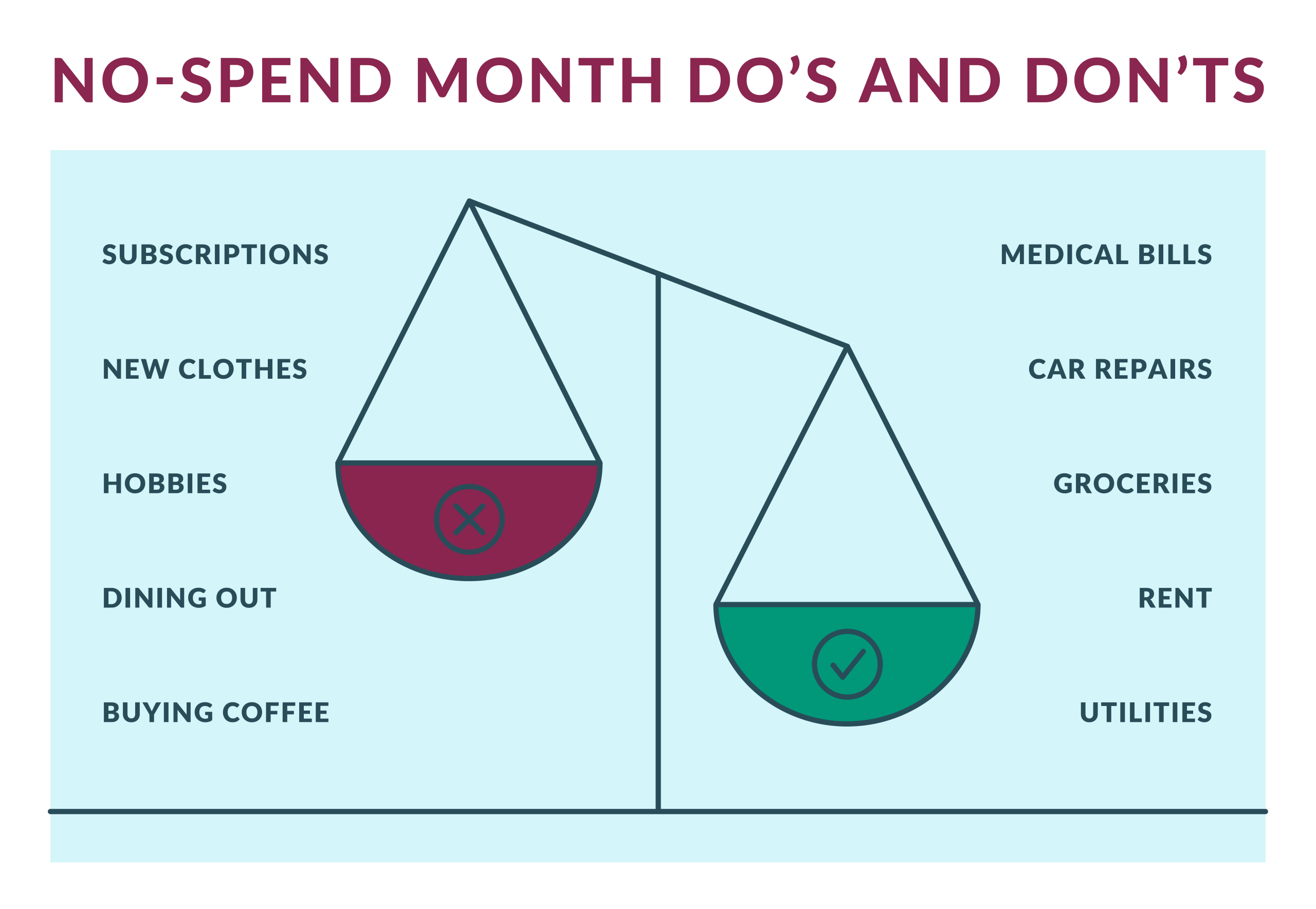Anúncios
When buying a home, one of the most critical factors to consider is the mortgage rate. The interest rate you secure can significantly impact your monthly payments and the total cost of your loan over time.
By learning how to get the best mortgage rate, you can save tens of thousands of dollars while achieving financial stability in homeownership.
Therefore, in this content, we will explore what mortgage rates are, how to secure the best ones, and how much you can save by securing a lower rate.
What is a mortgage rate?
A mortgage rate is the interest percentage charged by a lender on your home loan, calculated annually.
This rate is added to your principal balance and determines your monthly mortgage payment. For example, a $200,000 loan with an interest rate of 4% will incur $8,000 in annual interest, spread across your payments.
Mortgage rates are influenced by factors such as:
- The overall economy;
- Federal Reserve policies;
- The individual qualifications of the borrower, such as credit score, income, and debt-to-income ratio.
Thus, securing the best mortgage rate is not just a matter of luck; it requires careful preparation and financial discipline.
Tips for securing the best mortgage rate
Securing a favorable mortgage rate involves understanding the market and preparing your financial profile to meet the lender’s requirements.
These tips will help you obtain the most competitive terms:
Improve your credit score
Your credit score is a significant factor in determining your mortgage rate.
After all, higher scores signal to lenders that you are a reliable borrower, which can lead to lower rates.
- Pay bills on time: Late payments negatively impact your score, so set reminders or automate payments to stay on track.
- Reduce debt: Try to lower your credit card balances and overall debt to improve your credit utilization rate.
- Monitor your credit report: Regularly check for errors and dispute inaccuracies that may harm your score.
By taking these steps, you can position yourself as a low-risk borrower, increasing your chances of securing the best available mortgage rate.
Prepare for a larger down payment
A larger down payment reduces the loan-to-value (LTV) ratio, which measures how much of the home’s value you are borrowing.
A lower LTV ratio signals less risk to the lender, generally leading to a better rate. For example, a 20% down payment not only helps you avoid private mortgage insurance (PMI) but also shows lenders that you are financially stable.
Even increasing your down payment by 5% or 10% can make a difference in the interest rate you qualify for.
Create a more stable employment history
Lenders value job stability because it demonstrates consistent income and a reliable ability to repay the loan.
Thus, a solid work history, ideally with the same employer for at least two years, can improve your eligibility for favorable mortgage rates.
If you have recently changed jobs, providing additional documentation, such as an offer letter or proof of income, can help reassure the lender.
Reduce your debt-to-income ratio
The debt-to-income (DTI) ratio compares your monthly debt payments to your gross monthly income.
A lower DTI ratio indicates better financial health and reduces the risk for lenders. To improve your DTI:
- Pay off debts: Focus on paying down credit cards, car loans, or personal loans.
- Increase your income: Taking on a part-time job or freelance work can boost your income and improve your ratio.
A lower DTI ratio not only increases your chances of approval but also helps you qualify for the best possible mortgage rate.
Check out terms and types of mortgage loans
Understanding the various types of mortgages is crucial for choosing the one that best fits your financial situation.
The most common options include:
- Fixed-Rate Mortgages: Offer a consistent interest rate and payment throughout the loan term. Ideal for long-term stability.
- Adjustable-Rate Mortgages (ARMs): Feature an initially lower rate that adjusts periodically based on market conditions. They are better for borrowers who plan to sell or refinance before the rate changes.
Carefully evaluate the terms and risks of each option to ensure you are making a well-informed decision.
Compare prices among lenders
Not all lenders offer the same rates, terms, or fees, so it’s worth shopping around. Collect quotes from at least three lenders, including banks, credit unions, and online mortgage companies.
Compare not just the interest rate but also the annual percentage rate (APR), which includes fees and other costs.
Thus, using online comparison tools or working with a mortgage broker can streamline this process. With this, you can quickly identify the best mortgage rate.
Consider paying mortgage points
Discount points are upfront fees paid to reduce the interest rate of your mortgage. One point typically costs 1% of the loan amount and reduces the interest rate by about 0.25%.
For example, if you are borrowing $300,000, paying one point would cost $3,000 but could reduce your interest rate from 4% to 3.75%.
Over the life of a 30-year loan, this can lead to significant savings, especially if you plan to stay in the home for a long term.
Take advantage of programs and discounts
Government programs, such as FHA or VA loans, and state-specific assistance initiatives often offer lower interest rates or support for down payments.
For example, first-time homebuyers may qualify for grants or loans with reduced rates. Thus, research these programs in your area to see if you are eligible for additional savings.
How much can I save by getting a lower interest rate?
The savings from securing a lower interest rate can be substantial. Here is an example based on a $300,000 loan for 30 years:
- With a 4% interest rate: your monthly payment would be approximately $1,432, with total interest paid around $215,000.
- With a 3% interest rate: your monthly payment drops to $1,265, and the total interest paid is approximately $155,000.
This 1% difference in rate results in a savings of $60,000 over the term of the loan. So, it really is worth seeking the best mortgage rate.
Besides reducing your monthly expenses, a lower rate also allows you to build equity more quickly and potentially pay off your loan earlier.
Securing the best mortgage rate is not just a matter of luck, it’s a matter of preparation and informed decisions.
Thus, taking the time to prepare financially before applying for a mortgage will pay off in the long run. It can save you thousands of dollars and prepare you for success as a homeowner.
For more tips and expert advice on how to get the best mortgage rate, continue exploring our site. We are here to guide you every step of the way.
Looking for a suggestion? Read also our content explaining how to buy a house with bad credit.






